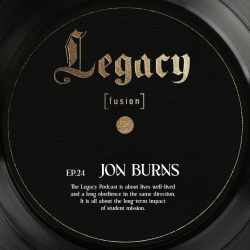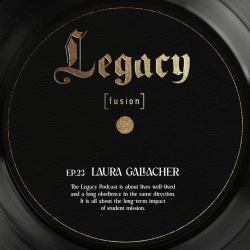
Chances are, if you've been on social media over the last six weeks, you’ll have been inundated with a steady flow of memes and shocked reactions centred on the ITV2 reality show, Love Island.
For those of you not familiar with Love Island, the premise is that a bunch of impossibly beautiful men and women, with perfectly toned bikini bodies and six packs; spend two months in a luxury villa in Mallorca competing to win a cash prize of £50,000.
Baby dolls and lie detectors
The catch is that in order to win this money, the contestants must couple up with each other to survive a brutal gossip culture, succeed at a whole host of bizarre challenges (this week the couples had to look after baby dolls and take lie detector tests) and earn the votes of the public watching at home to avoid being eliminated and end up triumphant.
This phenomenon has gripped the youth of our nation, killed it in the viewing figures and has been the number one trend in the UK on Twitter daily, with engrossed viewers firing out thousands of tweets expressing their confusion, elation and even sadness at the latest developments in the villa.
stormzy appearing on love island then kem and chris spitting mad bars is the best television i've ever seen #loveisland
— tia (@tomsodeII) 20 July 2017
it makes me cringe so much how everyone just throws out 'I love you' after knowing someone for about 3/4 weeks#LoveIsland
— my name is george. (@george_mckillop) 20 July 2017
I cried at the end of last nights #loveisland in the gym this morning which is probably a new personal low for me
— Holly (@holly_wj) 12 July 2017
Sounds like some classic good and harmless cheap fun to switch off to, right?
But there’s a problem when people start bailing on social commitments, skipping out on church and tuning out of the real world so they can catch up on the latest scandalous dramas and twisting love triangles involving characters like Montana, Kem, Marcel and Camilla.
There’s a problem when people become so obsessed with staying in touch with the glamorous and self-absorbed life lived by the islanders that they fail to fully engage in their own reality.
There’s a problem when people subconsciously buy into the presentation of love the genius producers at ITV have crafted to gain viewers and capture the public’s attention.
Love isn't a manufactured drama for us to binge on.
Love is the saviour of the world dying on a cross for you.
Love is humble and sacrificial.
Love is patient, kind, honouring of others, not seeking to glorify self or be envious of others.
The truth of what the Bible says to us about love flies in the face of the fake reality Love Island paints it as.
Love is not entertainment
When it comes to phenomena like Love Island, we need to be conscious consumers who are aware of what we are breathing in. Is it really wise for us to spend an hour a day, six days a week for two months straight - filling our heads and hearts with images of competition and lust masquerading as love?
Challenge yourself in how you seek entertainment and escape from your reality.
Fulfilment and purpose
You won't find true satisfaction in the dramas of beautiful people chasing fame and fortune isolated on an island. You won’t find fulfilment and positivity in the jealousy, gossip and tension of this fake world.
You won't find it on Love Island, you will find it in the grace and the freedom that Jesus brings. The love he models to us and call us to is the truest portrayal of love in all its fullness of meaning and sacrifice.
It is bold, it is radical and it has the power to change our campuses, our cities and our world. Choose to imitate that kind of self-sacrificial love amidst the clamour of influences and voices in your life, choose love that centres on fulfilment and purpose and not an image of love that is manufactured and manipulated for cheap entertainment.






